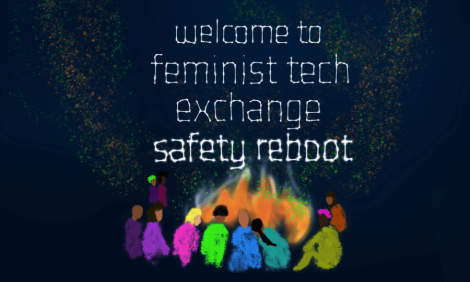
Feminist talk
#FTXStory - The FTX: Safety Reboot curriculum journey
FTX has been a journey of wonder and exploration, opening and healing. An intricate weaving of lives and projects. Also hardship, saturation and tension. This year has taught us how vital it is to hold this together. Now we want to celebrate, gather around this fire and share some stories.
Publication
Zen and the art of making tech work for you
This manual is a community-built resource for a growing community of women and trans* activists, human rights defenders and technologists. It is designed to be a living, growing collection of practical guidance and information that uniquely speaks to this community's needs, experiences, and activism, both online and offline
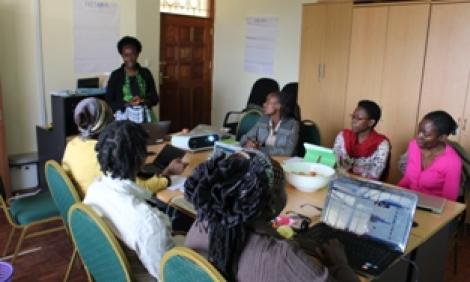
Feminist talk
Online safety is critical
I attended my first workshop on online safety about two years ago. The sessions were practical. I learned how to protect my passwords, how to surf online in a way that will not have my privacy invaded, how to use the spectrogram exercise to discuss difficult issues, among many other things. But the most important part was that I was able to learn how to share this information with others…
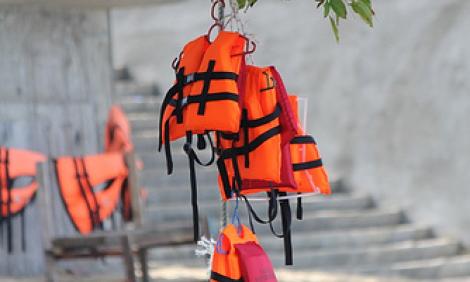
In depth
Surveying Women Human Rights Defenders: Harassment is the biggest online problem
The Association for Progressive Communications (APC)'s “Connect your rights: Internet rights are human rights” campaign has commissioned one of the first international surveys of the online threats faced by women human rights defenders (WHRDs). Responses came from 13 English-speaking countries, and across Spanish-speaking Latin America, with just over 40 people responding. The survey thus…

In depth
Egypt: Cyber-security as a priority and an integral part of human rights advocacy
GenderIT.org correspondent Mavic Cabrera-Balleza interviews Yara Sallam, Manager of the Women Human Rights Defenders Program at Nazra for Feminist Studies in Egypt, on the challenging reality for women human rights defenders, how they are affected by measures taken by the government in the name of “national security”, and strategies used to address threats to WHRD's cybersecurity.
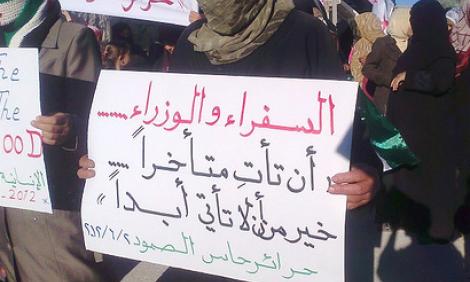
In depth
Collateral damage of the cyberwar in Syria
Jennifer Radloff and Grady Johnson speak to a Syrian activist in exile about the government increasing tendency to securitize the internet and crack down freedom of expression and freedom to privacy on-line. They also talk how limited access to ICTs, self-censorship due to widespread surveillance and reliance on commercial social networks in combination with a general lack of technical knowledge…

In depth
Building the Capacity of WHRD: the experience of Front Line Defenders
In a context where the debate around digital security tends to be focused on national security and counter-terrorism measures, civil society faces the important challenge of claiming a space for women human rights defenders (WHRD). Margarita Salas of Genderit.org spoke with Wojtek Bogusz and Tara Madden of Front Line Defenders to discuss some of the key challenges they have identified in their…
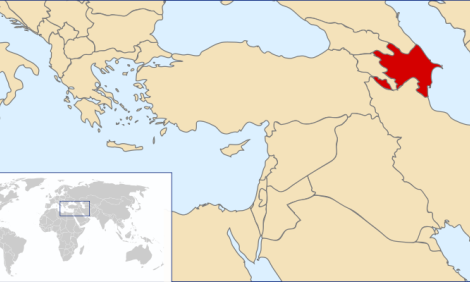
In depth
Azerbaijan: When online security is synonymous with personal safety
The Seventh Internet Governance Forum will be taking place in Baku, Azerbaijan from 6 to 9 November 2012. GenderIT.org writer Zooey Schock spoke with veteran activist Dr Leyla Yunus about internet freedom and the ability to organise in post-Soviet Asia.
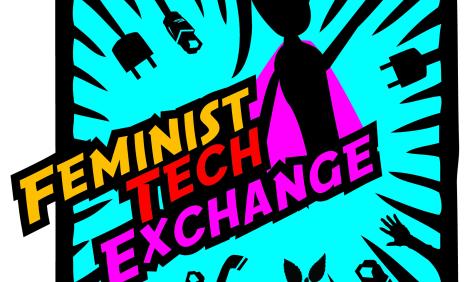
Feminist talk
FTX @ AWID Forum 2012
What are the emerging risks and challenges that women's rights advocates face in using technology for activism? How can we strategise to work more safely and securely online? What is the feminist politics of privacy, security and the right to participate on the internet? Join us at the Feminist Tech Exchange on 18 April 2012, just before the 12th AWID International Forum, to explore and exchange…
In depth
Fatimata Seye Sylla: Not to have others speaking for us (video)
Fatimata Seye Sylla is a key figure in the Senegalese internet community. She worked for ten years within the Senegalese government, and for nine years in the private sector. She conducted the first national project to introduce ICT in the educational system. Fatimata shares with GenderIT.org why she came to Vilnius and what the IGF means to her personally and to women's rights.




